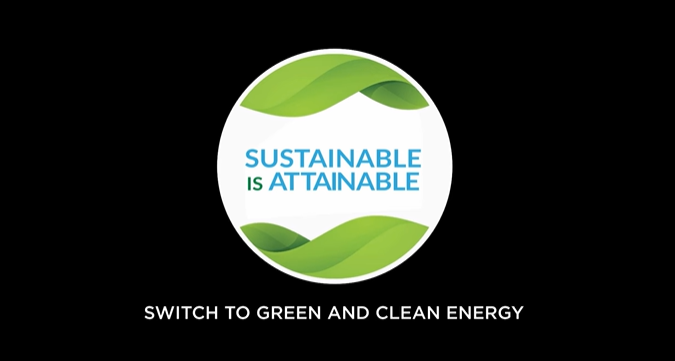New Delhi: Anupam Mittal, the founder and CEO of People Group and Shaadi.com, has voiced strong opposition to the Ministry of Information and Broadcasting’s recent mandate requiring a Self-Declaration Certificate for all advertisers and advertising agencies. Taking to X (formerly known as Twitter), Mittal expressed his concerns about the feasibility and implications of this new regulation, which is set to be implemented on June 18, 2024.
In his post, Mittal questioned how digital advertisers, who produce hundreds of advertisements monthly, would manage to comply with the new rule. He highlighted that the mandate would increase costs and slow down operations, thereby harming the industry’s global digital competitiveness.
The response from netizens to Mittal’s critique was mixed. Some users supported his viewpoint, agreeing that the additional bureaucratic step could stifle creativity and efficiency in the fast-paced advertising world. One user commented, “Anupam Mittal is right. This will only add more red tape and hinder the quick turnaround needed in digital advertising.”
ALSO READ: Supreme Court Mandates Self-Declaration by Advertisers Before Releasing Ads
However, others defended the government’s decision, emphasizing the necessity of such measures to curb misleading advertisements and protect consumers. “While it might be inconvenient, this step is essential to ensure that advertisements are truthful and not deceptive,” wrote another user.
According to the new regulation, advertisers for TV and radio must submit the Self-Declaration Certificate on the Broadcast Seva Portal of the Ministry of Information and Broadcasting. For print and digital media, the certificates should be submitted on the portal of the Press Council of India. This requirement aims to enhance accountability and transparency within the advertising industry.
As the implementation date approaches, the industry remains divided on the potential impact of this mandate. While some see it as a necessary measure to protect consumers, others fear it may impede the agility and global competitiveness of Indian advertisers.
Mittal’s public criticism has sparked a broader debate about the balance between regulatory oversight and operational efficiency in the fast-evolving digital advertising landscape. As the industry grapples with this new requirement, it remains to be seen how advertisers will adapt and what the long-term effects on the market will be.











